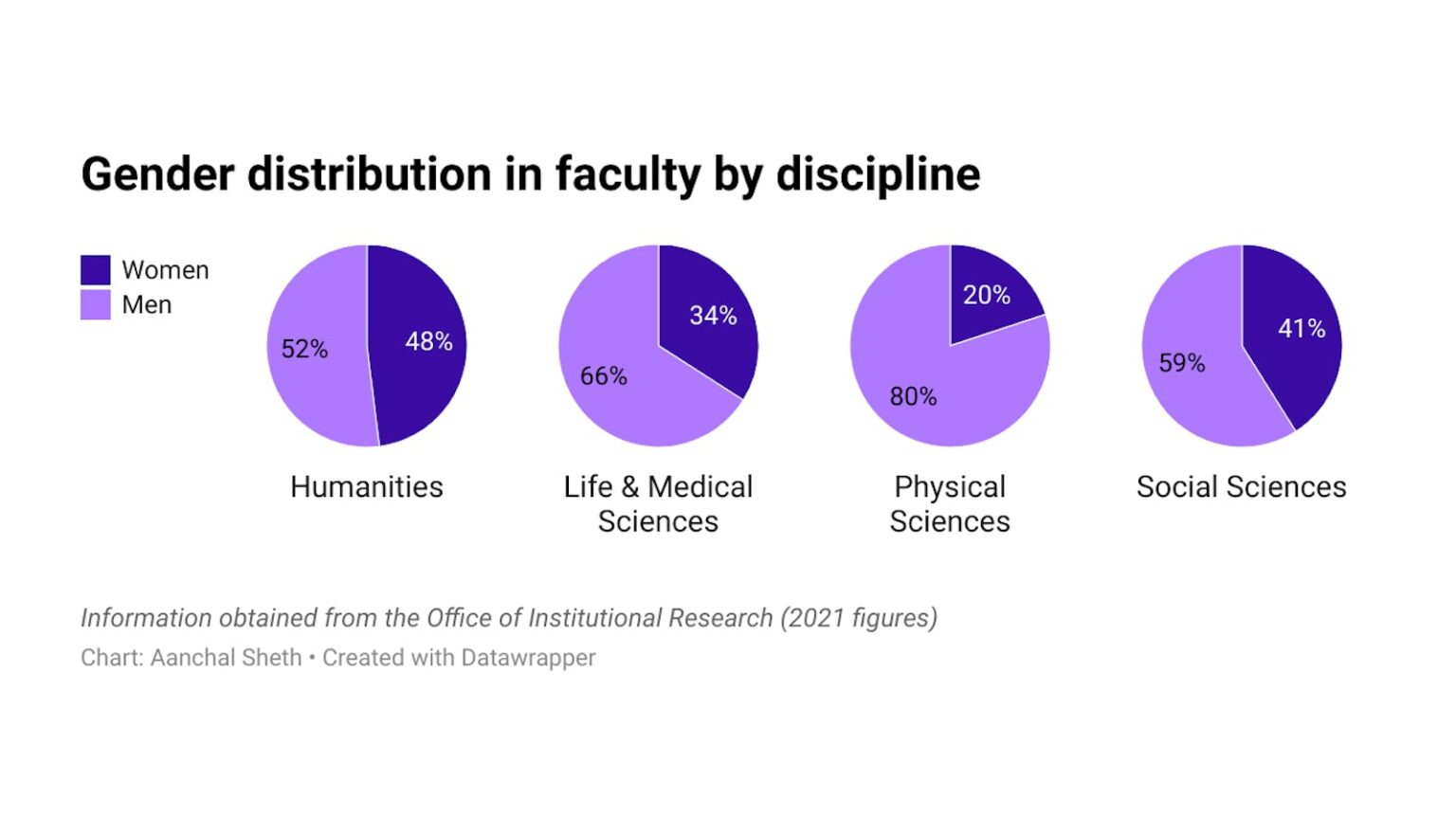
Why do girls and women progressively lose interest in Science?
It is common knowledge that there are few women at the top leadership of public and private
entities but even fewer at the top of scientific and technological fields. Physics, for instance, that
underpins the digital revolution, is almost devoid of women in most African countries.
Why? The answers are imperative to understanding a root cause to the persistent gender disparity
in science, technology, engineering and mathematics (STEM) education and career. Such answers
could inform development of targeted interventions for tackling this grand global challenge – gender
disparities in STEM.
Closing gender gaps in STEM is fundamental to creating a diversified talent pool to cope with
changing needs; and for building sustainable, inclusive, responsible, and innovative future. With
about 60% of Africa’s population under the age of 25, achieving gender parity in STEM is particularly
vital to Africa attaining gender equality in education and future growth opportunities that it
currently fails to meet.
AEH, teaming up with academic and non-academic partners from the University of Glasgow, UK;
University of Zambia; University of Botswana; The African Academy of Science, and The Youth
Alliance for Leadership Development in Africa (YALDA), will undertake a research project that
focuses on uncovering critical information gaps and factors that impel girls and women to lose
interest in STEM as they progress in formal education.
Specifically, the project will survey students and teachers at secondary schools and universities in
Botswana and Zambia, with the aim to uncover key information sources and channels as well as the
challenges that collectively shape students’ study choice of STEM subjects and careers. It will also
seek to pilot an online platform providing helpful information, advice, and interaction by users
regarding STEM study and careers.
The project is funded by the University of Glasgow’s GCID Small Grants Fund 2023-2024.

